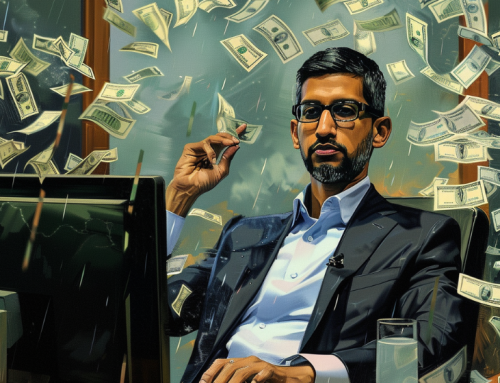
The Itch To Twitch
The New Yorker magazine recently profiled a group of young people who have practically made the game-playing streaming platform Twitch.tv a private bank account for themselves and their video game-playing friends. The players can make hundreds of thousands to millions if they’re the most-watched streamers with a high number of followers.
In an interview, Omeed Dariani, CEO of Online Performers Group, a talent-management company dedicated to professional video-game streamers, described how they benefit from broadcasting their game play and commentary over the Internet.
Each month, a hundred million visitors watch their favorite game celebs playing video games on Twitch, averaging about two hours day per visit. Getting followers is the name of the game⎯and the efforts these players have put in to gain followers is frightening to say the least. Some sit for 18 hours or more playing games, others develop swollen ankles and gain massive amounts of weight That is what happened to one of Twitch’s legendary players, Roberto Garcia, whose weight ballooned to 420 pounds.
Here is a little from The New Yorker describing Twitch:
“…The service began less as a commercial venture than as a piece of performance art. In 2007, a group of recent Yale graduates concocted the idea of broadcasting every moment of the co-founder Justin Kan’s life, through a Web site that they called Justin.tv. For nine months, from a camera attached to his hat, Kan beamed out live video of everything he did (except for bodily necessities), using a streaming tool that the group had developed. The stunt eventually wore thin, but viewers kept asking for a way to live-stream their own exploits. To the founders’ surprise, what users wanted most was to broadcast themselves playing video games. “It became the tail that wagged the dog,” Emmett Shear, a co-founder and Twitch’s current C.E.O., later told the Times. “It ended up taking over our whole company.” In 2014, Amazon acquired the service, which had been renamed Twitch, for nine hundred and seventy million dollars. It now has more than twelve hundred employees.”
The New Yorker article is a detailed and fascinating account of an industry that believes life is just a game⎯then figured out that people like to watch others play the game of life.







Leave A Comment